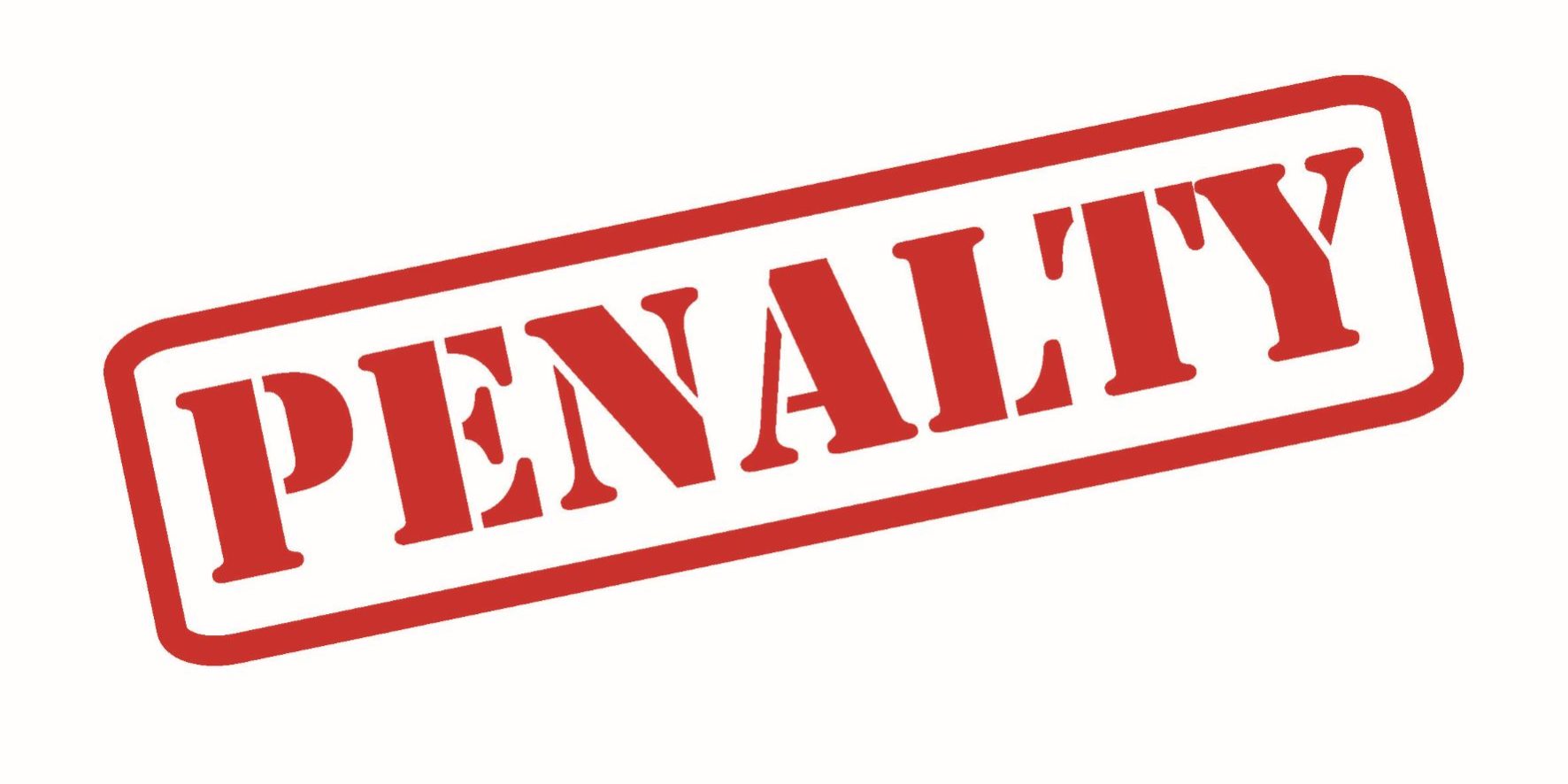Don’t get a Medicare Part D penalty. The Medicare Rights Center recently issued a brief to show the many complex issues of knowing when to enroll in Part D of Medicare. The brief also outlined what would happen if mistakes were made. After receiving a lot of questions and complaints from the previous year, Medicare decided to give beneficiaries some clearer guidance on how not to get a Medicare Part D penalty.
Medicare members have enjoyed the benefit of prescription drug coverage since 2006 by simply enrolling in Part D plans, which are hosted by private insurers. Those who are eligible for Medicare benefits but do not enroll will face a penalty unless they currently hold equal or greater coverage from a private entity. Officials at Medicare said that the majority of those who are penalized for not enrolling in a Part D plan could avoid problems and save themselves money by taking a little time to review their options and pick a plan. Also, they pointed out that people often miss important information, which is a key factor in making an informed choice. When it comes to Part D plans, there is often not enough information given to people in terms that they can understand.
In a plan to address the problems associated with failing to enroll, Medicare identified some improvements that should be made in the enrollment process.
These include the following:
- Improving the level of beneficiary outreach efforts and education.
- Analyzing creditable coverage notices for their effectiveness.
- Ensuring that erroneous penalties are not being imposed upon Medicare members for Part D plans.
Also, Medicare provided some helpful advice for people who are eligible for Part D coverage. When they first become eligible, Medicare recommends enrolling in a Part D plan immediately unless equal or better coverage is already held. If an employer is sponsoring a plan for prescription coverage, the employer or someone in HR should be able to clarify whether the coverage is creditable.
Always ask for this information if it is not provided. Never assume that all prescription drug coverage is creditable. Also, keep any proof that the coverage is creditable in the event that it must be provided for status proof. Anyone who has been eligible for Part D for 63 days or more but does not have adequate coverage may face a penalty that must be paid. If it is not paid, there is a risk of coverage loss. Every individual has the right to appeal a penalty and those who are nearing the age of Medicare eligibility should pay attention to these issues. For questions about eligibility and creditable prescription drug plans, consult an agent.
*If you have an insurance need, we have a solution. We provide solutions for home & auto, health and Medicare insurance, life & dental coverage, employee benefits and commercial insurance. Give us a call at 803-286-1161.








